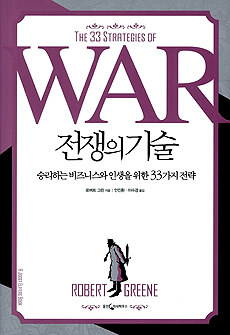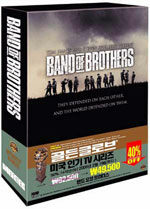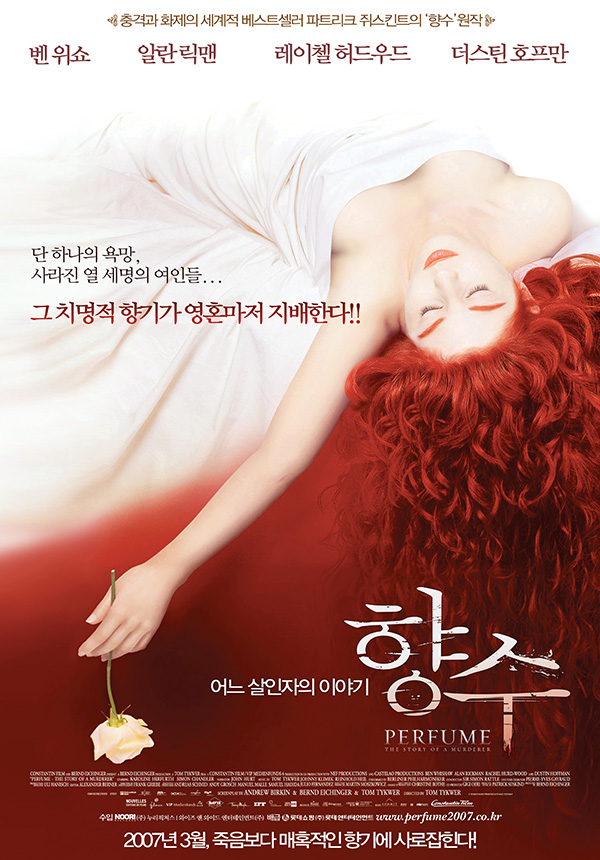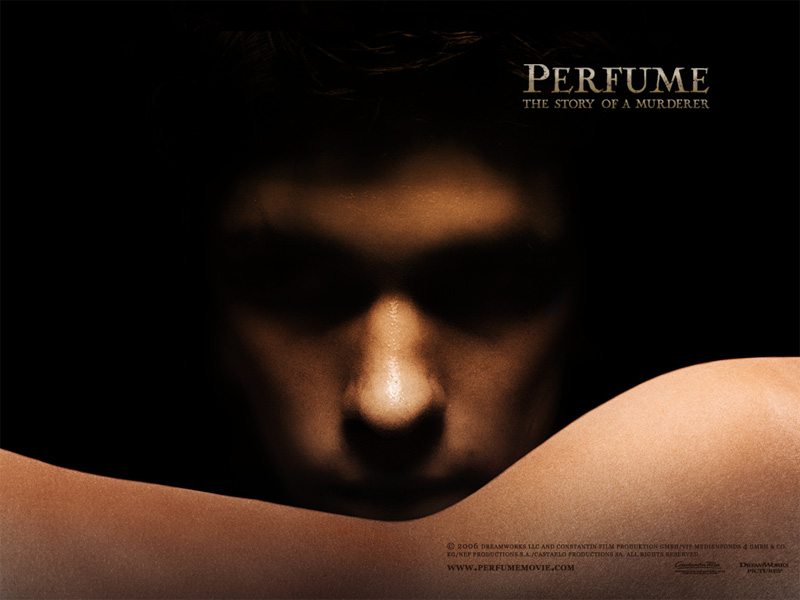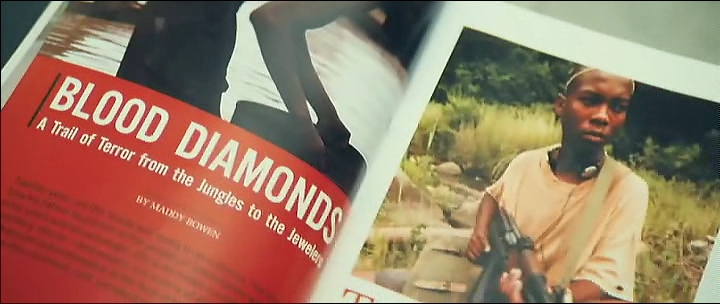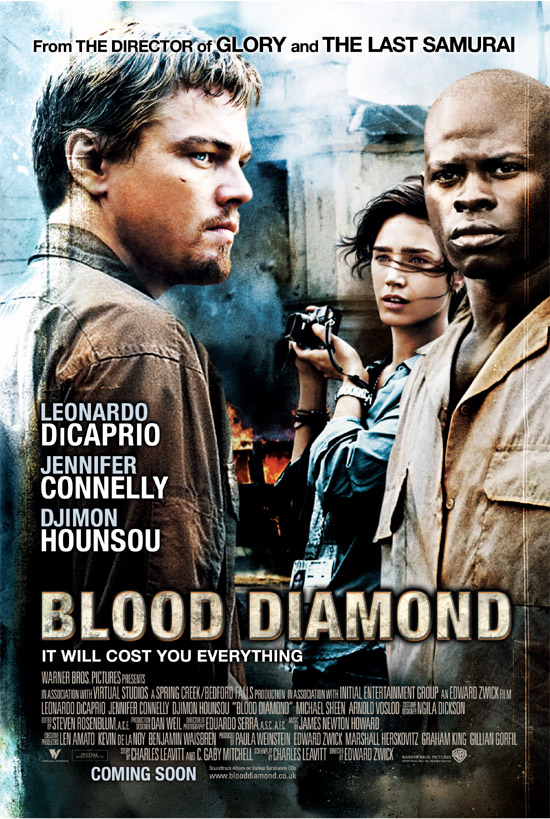Leonardo DiCaprio and Djimon Hounsou co-star in a politically charged action-drama set during the Sierra Leone civil war in the 1990s. Alan Silverman has a look at the new film Blood Diamond.
 |
| Leonardo DiCaprio and Djimon Hounsou run from trouble in Blood Diamond |
They are known by various nicknames - blood diamonds, war diamonds, conflict diamonds. The movie dramatizes how rebels in Sierra Leone relied on the illegal diamond trade to fund their war, a conflict that uprooted millions of people, among them a Mende fisherman named Solomon, played by Djimon Hounsou. His village is overrun, his wife and young daughters flee with the rest of the refugees, but his 12-year-old son is pressed into service in the rebel army while Solomon is forced to dig for the gems.
When he uncovers a very large pink diamond, Solomon risks death by hiding it. He hopes he can sell it on the black market and buy his son's freedom. Arrested after government troops raid the rebel mine, Solomon finds himself in an unlikely and uneasy alliance with smuggler and former South African mercenary Danny Archer, played by Leonardo DiCaprio.
Though the film is set in 1999, Benin-born Djimon Hounsou says it gave him a rare opportunity to portray issues Africans are still grappling with today.
"Issues of child soldiers, of refugees [and] the displacement of millions of people throughout the continent that affects the neighboring countries. So it was a very powerful story for me, so being an African and being in Hollywood making movies, these are the kinds of stories I love to take on as a challenge and, certainly, to see it bring more awareness to the world," he says.
Dicaprio spent several months in Southern and West Africa researching his role and learning about real-life "Blood Diamond" stories.
"I think I was like anybody else. I heard whispers of it, but it wasn't until I got there and heard the firsthand accounts and started to learn about it that I really understood the immense impact that the diamonds have had on, certainly, Sierra Leone and other places in Africa," he said.
 |
| Jennifer Connelly in Blood Diamond |
Oscar-winner Jennifer Connelly plays Maddy Bowen, an American journalist who initially sees smuggler Archer as a source for her investigation of conflict diamonds; but Connelly says she ultimately faces an all-too common journalistic conflict over whether to become involved in the story she is covering.
"Absolutely. I think it was something that she spent a lot of time thinking about. My guess is she was the type of woman who, every once in a while when she could, would do little gestures here and there, but had to keep in sight her goals for the long term and hope that, if she stayed true to her job, ultimately she could effect some change and be a positive force," she says.
As explained in the film, the global diamond industry responded to the issue of conflict gems in 2002 with a U.N.-mandated initiative: the "Kimberley Process" to certify that diamonds are mined and sold legitimately. The industry now claims more than 99 percent of diamonds for sale are from conflict-free sources. International diamond conglomerates were originally up in arms over Blood Diamond, but eventually saw the film as an opportunity to publicize and strengthen the Kimberley Process and protect the interests of the estimated 10 million people worldwide whose livelihoods are connected to the diamond trade. Leonardo DiCaprio says raising awareness was not his reason to make the film, but he sees it as a good side effect.
"I wasn't personally going out seeking films with social or political messages just to do it for the sake of doing it. There has to have entertainment value. It has to be a good movie and it has to convey a message without the audience feeling like they're being preached to; and I really felt strongly that this script accomplished that," he says.
Blood Diamond is directed by Edward Zwick with a screenplay by Charles Leavitt. The international cast features South African Arnold Vosloo and British actors Michael Sheen and David Harewood. Most of the film was shot in Africa including locations in South Africa's KwaZulu Natal province and Maputo, Mozambique doubling for Freetown during the war years.
